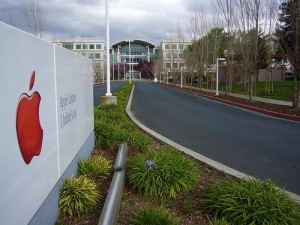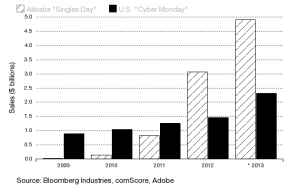This is a blog I surprisingly found outside UBC blogs. This external blog talked about the tax envision about Apple. Apple is believed to be the number one company in the world. However, it is surprising to us that it even breaks laws to boom its profits by escaping the taxes. According to what I learned in my high school, many companies use window dressing methods to avoid taxes within the boundary of law. But there are still many companies break the laws to avoid taxes. This reminds me the ethics part we learned in comm101 class. The ethics is the most complicated and difficult part inn business. It is easy to be broken then affect the brand image of the company. From my prospective, firms which choose to take the risks of avoiding tax are really short sighted. Although avoiding tax can boom the income statement and cash flows then get more retained profits to some extent, this unethical behavior really damaged the image of this company from consumers’ prospective. This is not a win-win policy that benefit the firm in long-run. I think Apple should look for other ways to increase their financial performance.






